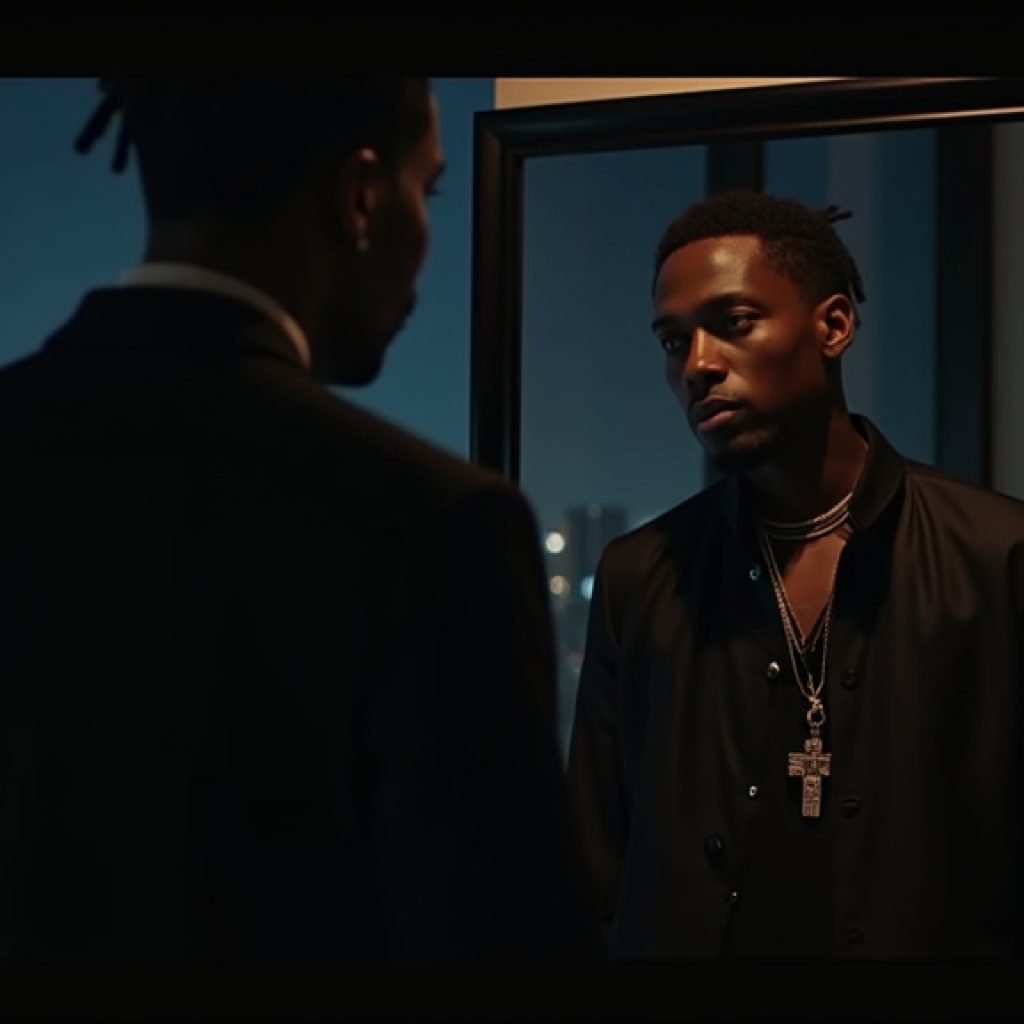A Memphis jury has found Hernandez Govan not guilty on all charges, including first-degree murder and conspiracy to commit first-degree murder, in connection with the 2021 killing of Grammy-nominated rapper Young Dolph. The verdict, delivered on August 21, 2025, concluded a highly publicized trial that captivated the hip-hop community and the city of Memphis.
Young Dolph, whose real name was Adolph Thornton Jr., was fatally shot on November 17, 2021, outside Makeda’s Homemade Cookies in Memphis. The 36-year-old artist was a beloved figure known for his independent music career, entrepreneurial ventures, and significant philanthropic efforts in his hometown. His death sent shockwaves through the music industry and his community.
Hernandez Govan, 45, was accused by prosecutors of organizing the ambush that led to Young Dolph’s death. He was not alleged to have fired the shots himself, but prosecutors contended that he directed the two individuals responsible for the shooting and was thus criminally liable for the premeditated murder. The state’s case relied heavily on testimony from Cornelius Smith Jr., one of the admitted shooters who cooperated with authorities, and on cell phone communications. Smith testified that Govan hired him and Justin Johnson to carry out the killing and promised a $10,000 cut from a larger bounty.
The defense, led by attorney Manny Arora, argued that the prosecution’s case was built on weak evidence and unreliable testimony. Arora highlighted inconsistencies in Smith’s statements to law enforcement, suggesting his testimony was motivated by a desire to receive a lesser sentence. The defense also challenged the significance of the cell phone records, pointing out the limitations and potential misinterpretations of the data, particularly given the number of cell towers in the Memphis area. They argued that no physical evidence, such as fingerprints or DNA, directly linked Govan to the crime. Govan himself did not testify in his own defense.
After deliberating for approximately three hours, the jury returned a verdict of not guilty on all counts against Govan. The decision brought visible relief to Govan, who embraced his legal team. Shelby County District Attorney Steve Mulroy expressed disappointment with the outcome but stated that the family understands the jury’s decision. “We know this has been an incredibly difficult process for Young Dolph’s family,” Mulroy commented.
Background and Broader Context
The investigation into Young Dolph’s murder has involved multiple individuals. Justin Johnson was convicted of first-degree murder and conspiracy to commit first-degree murder in September 2024 and received a life sentence. Cornelius Smith Jr., who admitted to being one of the shooters, testified against Johnson and Govan. Jermarcus Johnson, another individual, pleaded guilty to being an accessory after the fact. The prosecution also linked the motive for the killing to a purported revenge plot orchestrated by Anthony “Big Jook” Mims, a music executive and brother of rapper Yo Gotti, stemming from diss tracks aimed at Mims and his record label.
Young Dolph’s career, spanning from his early mixtapes to chart-topping albums like “Rich Slave,” which peaked at number four on the Billboard 200, solidified his status as a significant figure in the hip-hop industry. He was admired not only for his music but also for his dedication to his craft and his community. His independent label, Paper Route Empire, served as a platform for artists like his cousin-in-law, Key Glock, and demonstrated his commitment to self-sufficiency within the music business. His philanthropic efforts, including Thanksgiving turkey giveaways and donations to his alma mater, Hamilton High School, underscored his deep connection to Memphis. His tragic death was widely mourned, and the city has honored his memory with murals and street naming.
The acquittal of Hernandez Govan marks a significant turn in the legal proceedings surrounding the influential rapper’s death. While Govan is now free, the case continues to highlight the complexities of the justice system and the lasting impact of violence on communities. The defense team, which reportedly worked on the case pro bono, emphasized the importance of robust legal representation, particularly when facing serious charges.
Govan, following his acquittal, announced plans to sue the city of Memphis for defamation of character, citing the negative impact his indictment had on his reputation and his family’s safety. His attorney criticized the prosecution’s handling of the case, suggesting that public statements and media narratives may have unduly influenced public perception.
This verdict, while bringing an end to Govan’s trial, leaves the broader narrative of justice for Young Dolph’s untimely death open, with the community continuing to grapple with the loss of one of its most prominent cultural figures and the ongoing challenges of urban violence. The story serves as a poignant reminder of the pursuit of justice and the critical role of evidence and due process in the legal system.
























